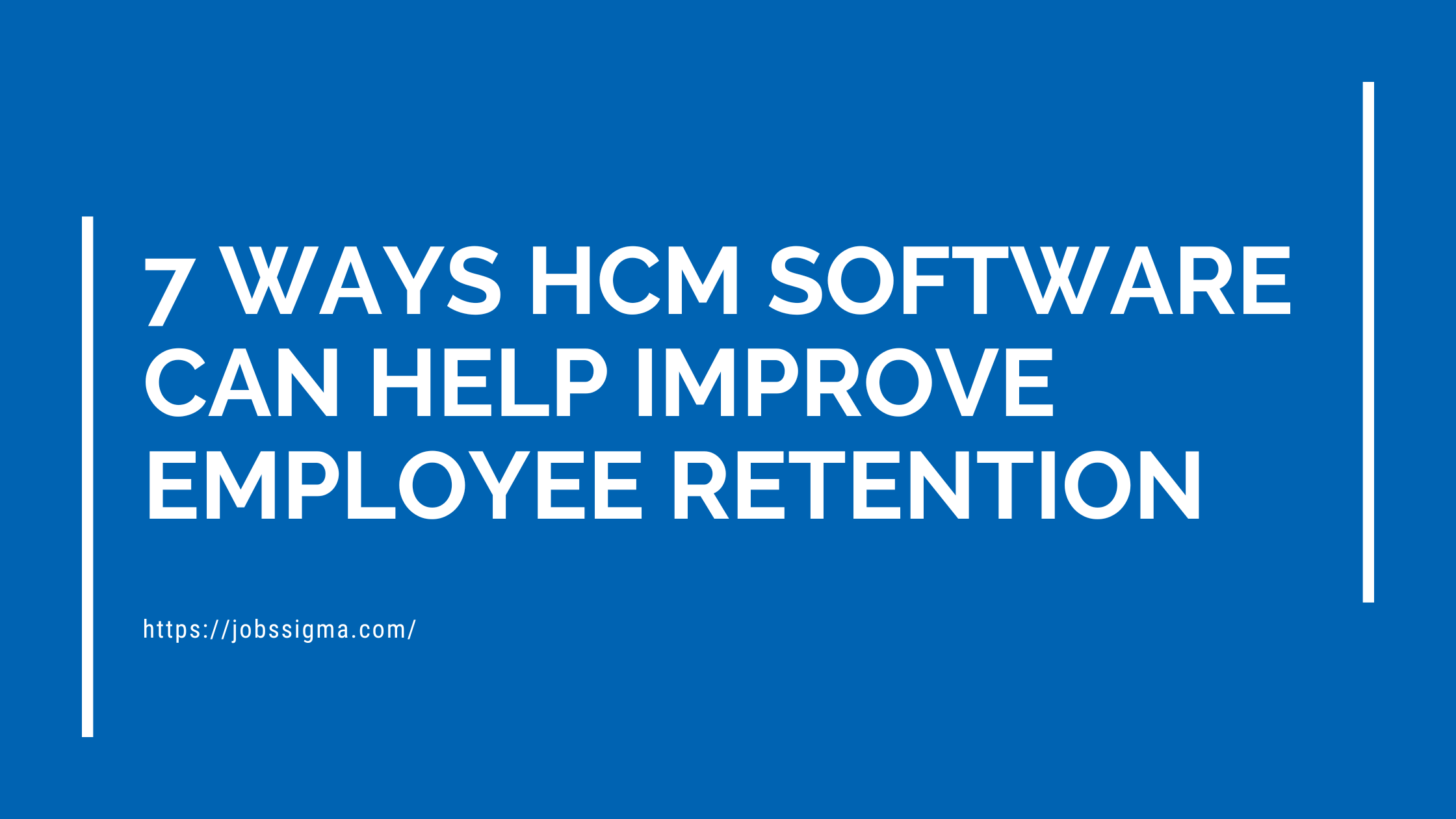How to Build a Career in Finance: A Step-by-Step Guide for Beginners
The finance industry is one of the most lucrative and dynamic fields, offering a wide range of career opportunities for professionals at all levels. Whether you’re a recent graduate or someone looking to switch careers, building a successful career in finance requires a clear strategy, dedication, and the right skill set. In this step-by-step guide, we’ll walk you through the essential steps to kickstart your career in finance and position yourself for long-term success.
Step 1: Understand the Finance Industry
Before diving into a finance career, it’s crucial to understand the industry’s landscape. Finance encompasses various sectors, including corporate finance, investment banking, financial planning, asset management, and more. Each sector has its own unique demands and opportunities. Research the different roles, such as financial analyst, investment banker, or financial advisor, to identify which aligns best with your interests and skills.
Step 2: Acquire the Right Education
A strong educational foundation is key to breaking into finance. Most entry-level positions require at least a bachelor’s degree in finance, accounting, economics, or a related field. Consider pursuing advanced degrees or certifications like a Master’s in Business Administration (MBA) or a Chartered Financial Analyst (CFA) designation to stand out in a competitive job market.
Step 3: Develop Essential Skills
Finance professionals need a mix of technical and soft skills to excel. Technical skills include financial modeling, data analysis, and proficiency in tools like Excel, SQL, or financial software. Soft skills like communication, problem-solving, and attention to detail are equally important. Take online courses or attend workshops to hone these skills and make your resume more attractive to employers.
Step 4: Gain Practical Experience
Internships and entry-level positions are invaluable for gaining hands-on experience. Look for opportunities at banks, investment firms, or corporate finance departments. Networking is also critical—attend industry events, join finance-related groups on LinkedIn, and connect with professionals in your desired field. Many finance jobs are filled through referrals, so building a strong network can open doors.
Step 5: Build a Strong Resume and Online Presence
Your resume should highlight your education, skills, and relevant experience. Tailor it to the specific finance role you’re applying for, emphasizing achievements like cost savings, revenue growth, or successful projects. Additionally, create a professional LinkedIn profile and consider starting a finance blog or sharing insights on social media to showcase your expertise.
Step 6: Stay Updated on Industry Trends
The finance industry is constantly evolving, with new technologies like blockchain, artificial intelligence, and fintech reshaping the landscape. Stay informed by reading industry publications, following finance news, and attending webinars or conferences. Being knowledgeable about trends like ESG (Environmental, Social, and Governance) investing or cryptocurrency can give you a competitive edge.
Step 7: Consider Specialization
As you gain experience, consider specializing in a niche area of finance. For example, you could focus on wealth management, risk analysis, or mergers and acquisitions. Specialization can lead to higher-paying roles and make you a sought-after expert in your field.
Step 8: Pursue Continuous Learning
The finance industry values professionals who are committed to lifelong learning. Stay ahead by earning additional certifications, attending training programs, or enrolling in advanced courses. Certifications like the Certified Public Accountant (CPA) or Financial Risk Manager (FRM) can significantly boost your career prospects.
Step 9: Apply Strategically and Prepare for Interviews
When applying for jobs, focus on roles that match your skills and career goals. Tailor your cover letter and resume for each application. Prepare for interviews by practicing common finance interview questions, such as how to analyze financial statements or explain complex financial concepts in simple terms.
Step 10: Advance Your Career
Once you’ve landed your first finance job, focus on excelling in your role and seeking opportunities for advancement. Take on challenging projects, seek mentorship, and consider pursuing leadership roles. With dedication and the right strategy, you can climb the corporate ladder and achieve long-term success in finance.
ding journey that requires careful planning, continuous learning, and a proactive approach. By following this step-by-step guide, you’ll be well-equipped to navigate the competitive finance industry and achieve your professional goals. Whether you’re aiming for a high-paying role in investment banking or a fulfilling career as a financial planner, the opportunities in finance are endless.


